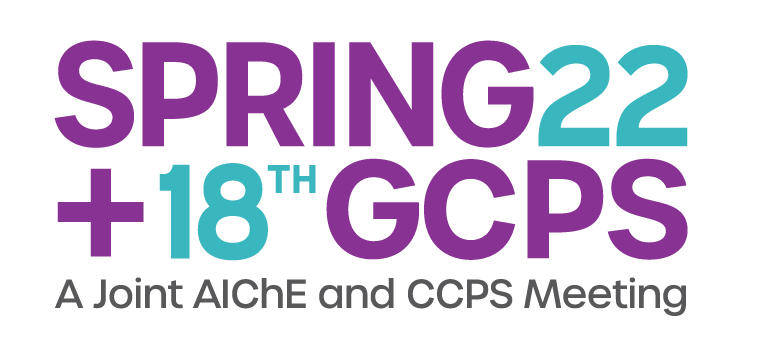

Plastic, however, is often associated with disposable and throwaway packaging; and in places where waste management infrastructure and traditional recycling don’t exist, or plastic waste is not managed appropriately, it can end up as litter. Like our customers, we are concerned about the global plastic waste issue. Plastics don’t belong in our oceans, rivers or landscapes. To solve this societal challenge industry, governments and customers need to work together.
Annual global plastics production is approximately 367 million tons/yr. It is estimated that of the plastic waste generated, 260 million tonnes, only 16% is recycled, and the remainder goes to landfill, incineration or is unmanaged after use. Plastic recycling rates vary widely by region and are far below the global recycling rates for products like paper (60%) and iron and steel (~80%)[1].
Unlocking the potential of the plastic circular economy
Shell supports the need for improved circularity of global plastics markets - encouraging reduction, reuse and recycling of plastics to mitigate the release of plastic into the environment.
We are playing an active and prominent role through innovation, collaboration and investment to find lasting solutions.
Shell is a leading member of the Alliance to End Plastic Waste. This is an alliance of global companies including chemicals and plastic manufacturers, consumer goods companies and waste management companies, along with the World Business Council for Sustainable Development. It has committed $1.5 billion over the next five years to projects across four strategic pillars:
- Infrastructure: Catalyse investment in enhanced waste infrastructure to prevent plastic from reaching the environment.
- Innovation: Innovate new sustainable materials, designs, technologies and business models based on sound science and economics.
- Education: Engage and collaborate with governments, industry and consumers to drive effective solutions.
- Clean-up: Develop solutions to address and clean up areas of existing plastic waste in the environment.
Shell is responding to customer demands for more chemical products with less virgin-hydrocarbons. We are developing and investing, with industry partners, in advanced chemical recycling. Using a special heating process called pyrolysis, it transforms hard-to-recycle plastic waste, which would otherwise be incinerated or go to landfill, into a liquid feedstock that can be used to produce chemicals. This liquid, referred to as pyrolysis oil, is used in a cracker at a Shell chemicals plant to produce a range of chemicals, including plastics.
Delivering on Shell ambition
Shell has an ambition to recycle one million tonnes of plastic waste in our global chemicals plants by 2025; and we are working with partners at different stages of the value chain to grow the market for pyrolysis oil to industrial and profitable quantities and deliver on our ambition.
In 2019, collaborating with Nexus Fuels, Shell successfully started using pyrolysis oil in our Norco petrochemicals plant in the U.S.; and over the next three years Shell will use 60,000 tonnes of pyrolysis oil from Nexus Fuels at Norco. We are exploring ways to increase these volumes. In Europe, we have also completed successful pyrolysis oil pilots at our facilities and are about to do the same in Asia; and we are investing in pyrolysis technology and securing more supply volumes.
Recently, Shell invested in BlueAlp[2] and together we will work to develop, scale and deploy BlueAlp’s plastic waste to chemicals feedstock technology. Already at a commercial scale, Shell’s technology experience and size will help BlueAlp to further improve and scale-up the capacity of BlueAlp’s technology to recycle larger volumes of plastic waste. BlueAlp’s technology will be license to others to support the exposition of pyrolysis oil production globally.
In the Netherlands, Shell and BlueAlp (through a joint-venture company) will build two conversion units with the combined capacity to process approximately 30,000 tonnes of tough-to-recycle plastic waste. The two units are expected to be operational in 2023 and Shell will use 100 percent of the pyrolysis oil at its Moerdijk (The Netherlands) and Rheinland (Germany) plants. Shell is also exploring licensing a further two units for deployment within Asia to supply the Shell Energy and Chemicals Park Singapore.
Additionally, Shell has secured supply for its European crackers from pyrolysis oil producer Pryme. Currently under construction, Pryme’s Rotterdam plant is scheduled to be operational in 2022 and is forecast to convert 60,000 tonnes of plastic waste into pyrolysis oil annually.
Inconsistent purity of pyrolysis oil is an industry-wide challenge and one that impedes the growth of the market. Shell plans a first for the industry, with the deployment of its propriety technology to upgrade the purity of pyrolysis oil at Shell assets. With this technology Shell will be able to use pyrolysis oil with a wider range of characteristics, reducing the need for low-grade pyrolysis oil to be re-processed, and improve market’s commercial potential.
Our U.S. sites (Norco and Geismar) and plants in Singapore, Germany and The Netherlands have been certified by the ISCC [International Sustainability and Carbon Certification], an independent third party, to produce circular chemical products from pyrolysis oil. While volumes are currently limited, we are looking to grow supply quickly.
After a brief introduction describing the issue at large and Shell’s response and ambition, this paper will focus on the collaboration between Shell and BlueAlp to produce pyrolysis oil, the deployment of Shell’s propriety technology to upgrade the purity of that pyrolysis oil at Shell assets to make it suitable for processing in our steam crackers and the cracking of pyrolysis oil in Shell steam crackers in Moerdijk, Rheinland and the Shell Energy and Chemicals Park Singapore. The paper will conclude on the progress made to date and the future developments required to achieve Shell’s ambition.
[1] McKinsey: Plastics recycling: Using an economic-feasibility lens to select the next moves
[2] Shell has 21.25 equity stake in BlueAlp
